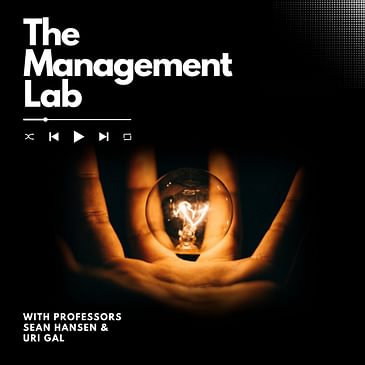Workplace boredom refers to a state of low arousal and dissatisfaction, which is attributed to an inadequately stimulating work environment. It can lead to counterproductive behavior, job turnover, anxiety, and depression. Sean and Uri examine the science of the causes, nature, and implications of workplace boredom, and how managers can make it more interesting.
